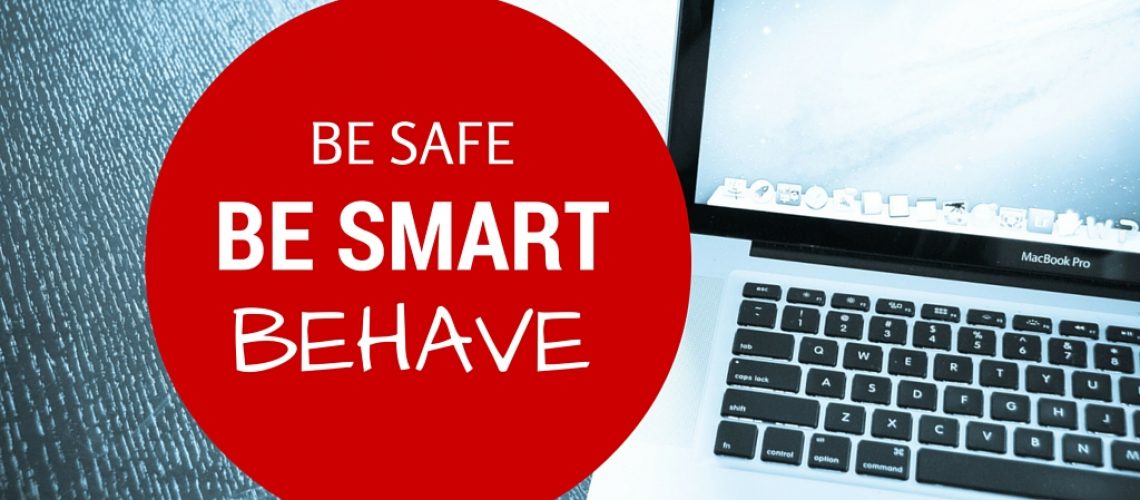Privacy settings and passwords.
Predators, trolls and cyberbulling.
Scams and viruses.
What goes online stays online.
These are just some of the things we have been teaching when it comes to cyber safety and digital citizenship. And they’re really important things to teach too.
These are the things that help keep our kids safe in a world where they can be very vulnerable. In a world that opens them up to all the people with different beliefs, values and ideas. To all the crazies who don’t have their best interests at heart. Our kids are hanging out in a world that exposes them to so much and exposes so much of themselves to others. It is a world they are sometimes not developmentally or socially or emotionally ready for (Indeed it’s a world many adults are not ready for).
And so we need to teach them these things to keep them safe.
And in many instances we are doing a good job of that. Many kids are able to keep themselves safe and free from predators and perverts. They are getting better at keeping personal information safe and they are attempting to pay attention to who is watching, listening and talking to them online.
But there is more to existing in a digital world than just staying safe. Just as there is more to our kids social, emotional and physical health in the real world than avoiding stranger danger.
It is not just cyber safety we need to be teaching when it comes to the online world.
Because this is a world our kids will be spending so much of their time in. So much of their socialising and entertainment and learning and work will happen in cyberspace.
So we need to be preparing them for the everyday challenges they will face. The interactions that are not predatory or bullying, but may still be causing drama, and may still be having a negative impact on their mental health and wellbeing. The behaviours they will need both now and in the future..
So when I talk to parents I ask them not to focus solely on locking everything down to prevent the bad guys getting in. But to pay close attention to the sorts of interaction their kids are having with those around them. The sorts of things they are doing and spending their time on. The mood when they get off their device. Their sense of self esteem. Their ability to focus on many different areas of their lives.
I ask them to pay attention to monitoring their child and not just their devices.
And when I talk to kids we talk about all sorts of things that relate to online interactions. How to respond to negative comments. How to deal with those messages or comments that are not bullying per say, but could spiral in to a world of drama that only messes with their head. We role play actual responses to sarcasm. We discuss the information we can get from a selfie and the information that is missing. We discuss the lack of non verbal cues that sometimes cause misinterpretation of comments. We discuss the implications of liking or sharing something. How these things come to be a representation of who we are and what we believe in. We talk about our digital footprint and the effect of putting something online that may cost them captaincy of their football team. Or the lead role in a play. Or House captain.
For these are the things that WILL affect our kids. These are the challenges that they will face every day. Every time they go online they open themselves up to these sorts of implications.
And they need help with that.
Certainly many kids are doing it way better than many adults. So let’s ensure that the next generation continues to have a greater chance of getting it right.
That way, they get to minimise the risks and the negative impacts. And instead, they get to experience all the wonderful benefits this new world has to offer.

